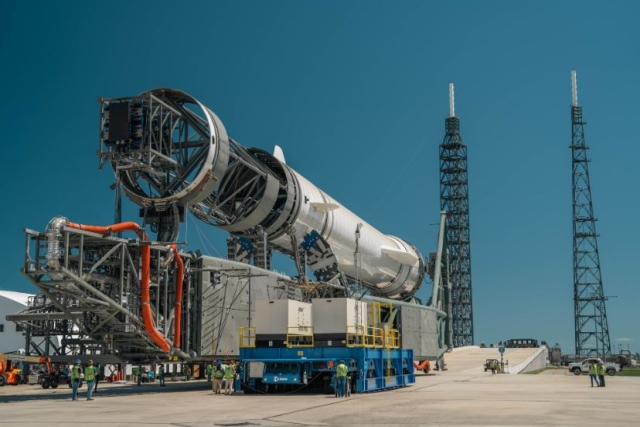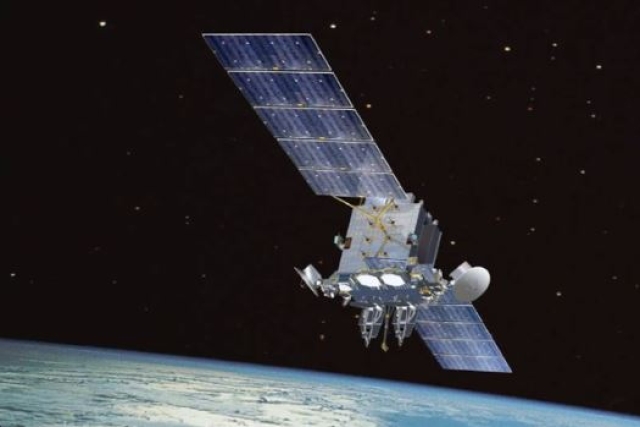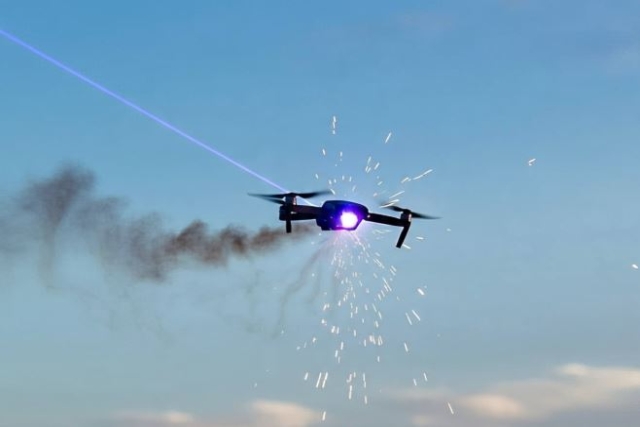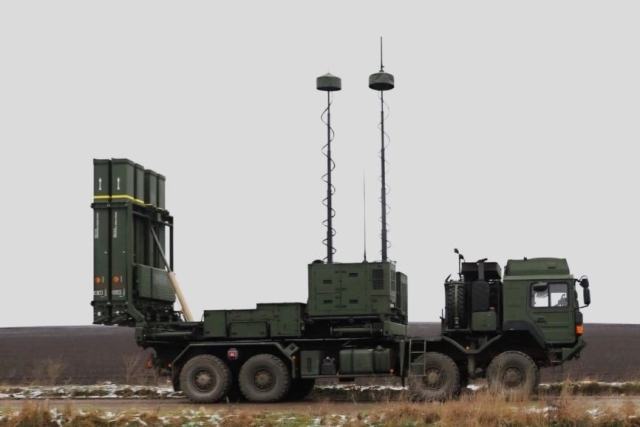Netherlands Developing Military Satellite "to Remain Independent of Elon Musk's Starlink"
Dutch defense officials unveil laser-based PAMI-1 satellite project to secure sovereign space capabilities by 2028
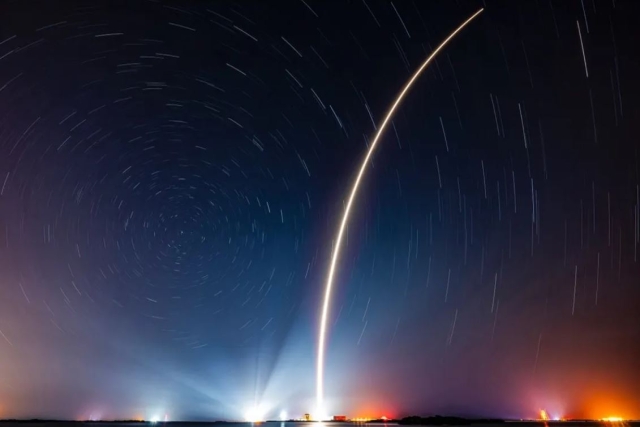
The Netherlands has launched the development of its first military communications satellite, the PAMI-1, aiming to establish a sovereign satellite network that does not rely on foreign systems such as Elon Musk's Starlink.
The PAMI-1 satellite, expected to launch in early 2028, will feature a laser-based communication system, a technology shift that promises faster and more secure data transmission than conventional radio waves.
During a visit to the facilities of Cosine in Sassenheim—one of the companies contributing to the satellite's core technology—Dutch State Secretary Gijs Tuinman and Defense Minister Ruben Brekelmans emphasized the strategic importance of space autonomy.
“Remaining dependent on Elon Musk's Starlink network is not an option,” Tuinman said. “We want the Netherlands to have a sovereign position in space. The Dutch PAMI-1 satellite will be equipped with laser communication. This is a huge step forward compared to traditional radio connections.”
The project is part of a broader national space initiative, with plans to build dozens of Dutch satellites over the coming years. These systems will provide the country and its allies with independent intelligence-gathering capabilities from space.
VDL, a Dutch industrial company, is setting up the satellite production line using technology transferred from the United States. According to a statement from the Dutch Ministry of Defense, this collaboration will help the Netherlands become self-sufficient in space systems.
Brekelmans underscored the growing importance of space in defense operations. “We should not be completely dependent on foreign countries. That is why the Defense Ministry has been working with these companies since the very beginning in the PAMI-1 project,” he said. “In this way, we develop our own satellites and strengthen the information position of our armed forces. This creates opportunities to deliver more from the Netherlands to foreign countries.”
At the event, several Dutch companies demonstrated their technological contributions to the PAMI-1 satellite. Cosine, which is providing the satellite’s primary sensor, hosted the ministerial visit and presented how domestic innovation is driving the project forward.
The satellite will collect intelligence not only for Dutch defense operations but also for allied missions. With rising global tensions, such intelligence-gathering capabilities have become increasingly crucial.
